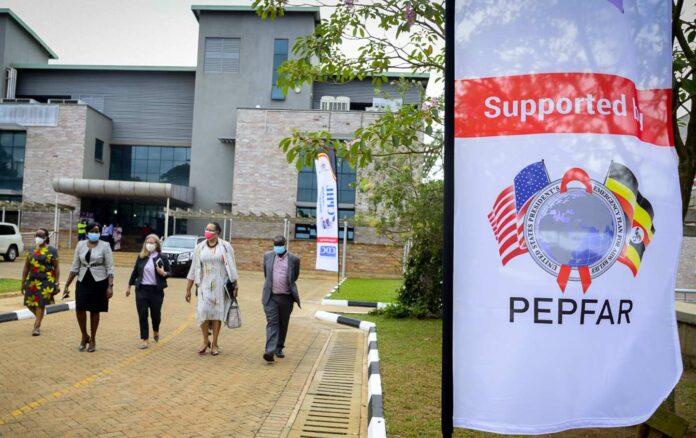Earlier this week I listened to a testimony from a community worker at a maternity ward where HIV-positive women gave birth. 17 babies were born. Under normal circumstances, simple antiretroviral medicines to prevent transmission of HIV to the babies would have been administered – but this week, the medicines were not there. This means that these newborn babies may be needlessly infected with HIV.
Today, life-saving technologies are withheld from people.
Now more than ever, it is essential to share health technologies, the IP, and the know-how necessary to manufacture them. If such sharing does not happen, governments must be able to act.
The provisions of the pandemic agreement concerning technology transfer and sharing need to change the status quo and offer solutions to the problems of inequity in access to products and manufacturing know-how that arose during the Covid-19 pandemic. They also need to reflect today’s reality in global health, where governments and organisations are scrambling to provide life-saving services in the face of the US and other countries’ decision to reduce development aid.
Article 11 of the Pandemic Agreement in particular needs to be clear about this. The description of technology transfer in footnote 1(j) should have a description of technology transfer (TT) that does not affect countries’ ability to take other measures, including non-voluntary ones. We propose that the word “other” be reinserted. Further, governments’ rights to use the TRIPS flexibilities should not be eroded. Governments who resort to the use of TRIPS flexibilities often face political or trade pressures not to use them. The provision, known as the “peace clause” in Article 11.4, is essential to protect compulsory government interventions.
Ellen ‘t Hoen, LLM PhD, is a lawyer and public health advocate with over 30 years of experience working on pharmaceutical and intellectual property policies.
